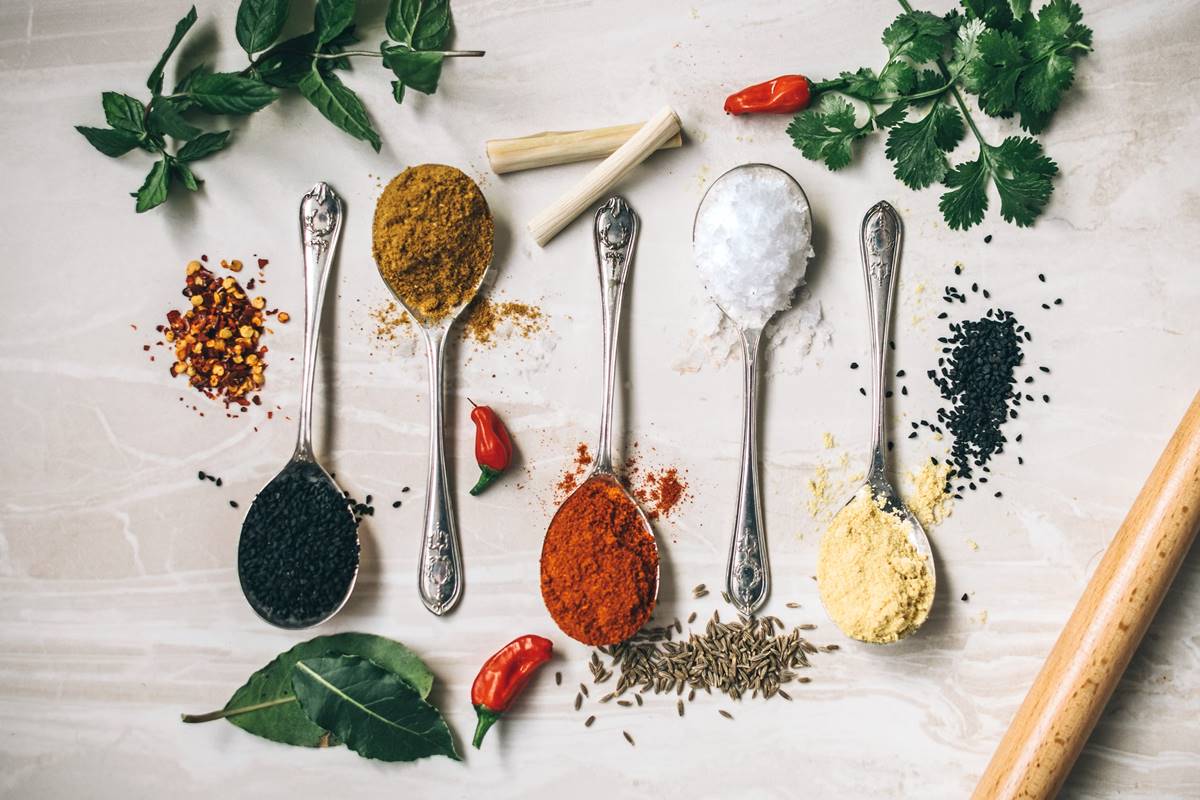How brain plays central role in development of obesity
A new study has offered intriguing new insights into the origins of type 2 diabetes and obesity, as well as the brain's function as a critical control centre.
Eat smart to prevent insulin resistance and reduce diabetes risk. Discover foods that boost insulin sensitivity and promote a healthier lifestyle.

Image Source: Unsplash
Our bodies are well-equipped to control and secrete insulin, facilitating the movement of glucose from the blood to the cells for energy production and sustenance. Insulin resistance can develop due to various factors, including being overweight, inactive lifestyle, and consumption of a high-sugar diet. When cells fail to respond effectively to insulin, it leads to insulin resistance, directly impacting sugar levels and potentially resulting in diabetes.
Diet plays a pivotal role in managing insulin levels. Instead of opting for a high-sugar diet, which strains the pancreas in regulating sugar levels, a diet abundant in fresh produce and low in carbs is an optimal choice for reducing the risk of insulin resistance. Below, we present a list of foods that aid in improving insulin sensitivity levels.
Advertisement
Soluble fibers offer numerous benefits, including reducing glucose absorption in the bloodstream, thereby enhancing insulin resistance. Acting as prebiotics, soluble fibers nourish healthy bacteria, aiding in proper food breakdown and maintaining optimal gut biome. Incorporate fruits and vegetables such as citrus fruits, apples, carrots, peas, oats, and barley into your diet.
Advertisement
Antioxidant-rich foods assist in regulating glucose levels and boosting insulin sensitivity by combating free radicals, which can otherwise contribute to bodily inflammation and fluctuations in blood pressure and sugar levels. Green leafy vegetables, sweet potatoes, pumpkin, and spices are rich sources of antioxidants.
Whole grains help regulate glucose levels and increase insulin sensitivity. Opt for high-fiber foods and those with a low glycemic index, which are particularly beneficial for diabetic individuals.
Herbs and spices possess anti-inflammatory and antioxidant properties that aid in fighting inflammation and regulating blood sugar and pressure levels. Turmeric, ginger, garlic, and fenugreek are among the spices you can include in your daily meals.
While we’ve discussed foods to incorporate, it’s equally important to avoid certain foods, including processed foods, those rich in trans fats, and those high in sugar content. Excessive added sugar is a primary contributor to increased insulin resistance.
In addition to appropriate medications, maintaining a healthy lifestyle, diet, and regular physical activity are essential for managing insulin sensitivity and mitigating the risk of diabetes.
Also Read: The roadmap to managing stress with Ayurvedic herbs
Advertisement